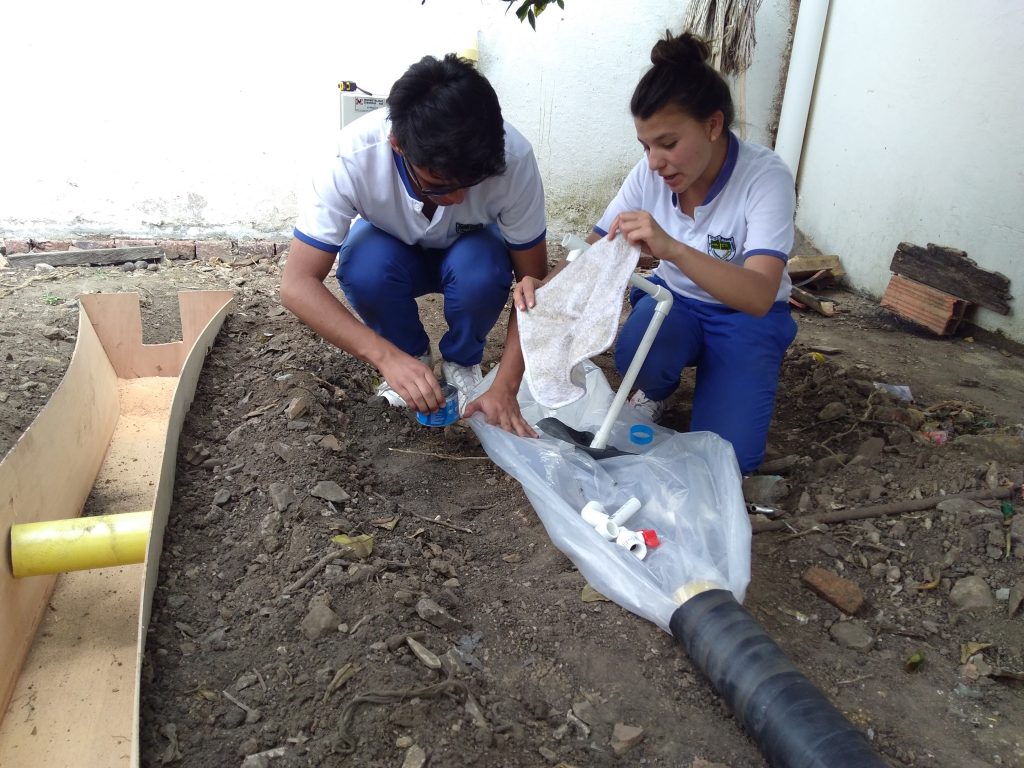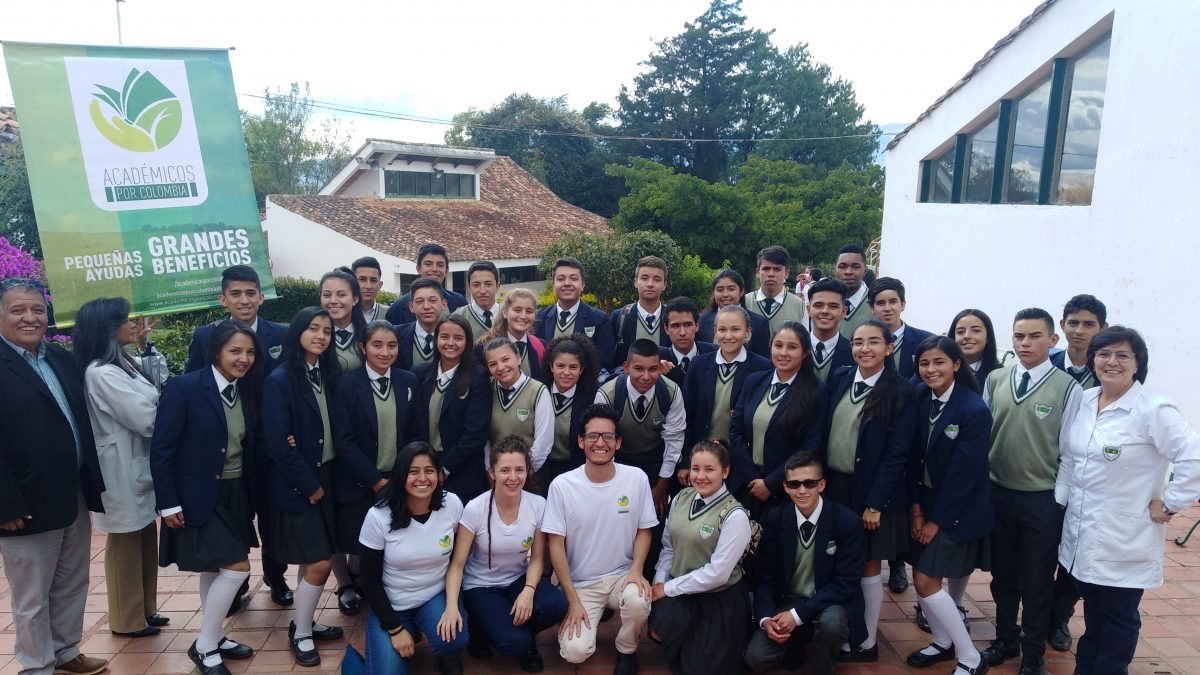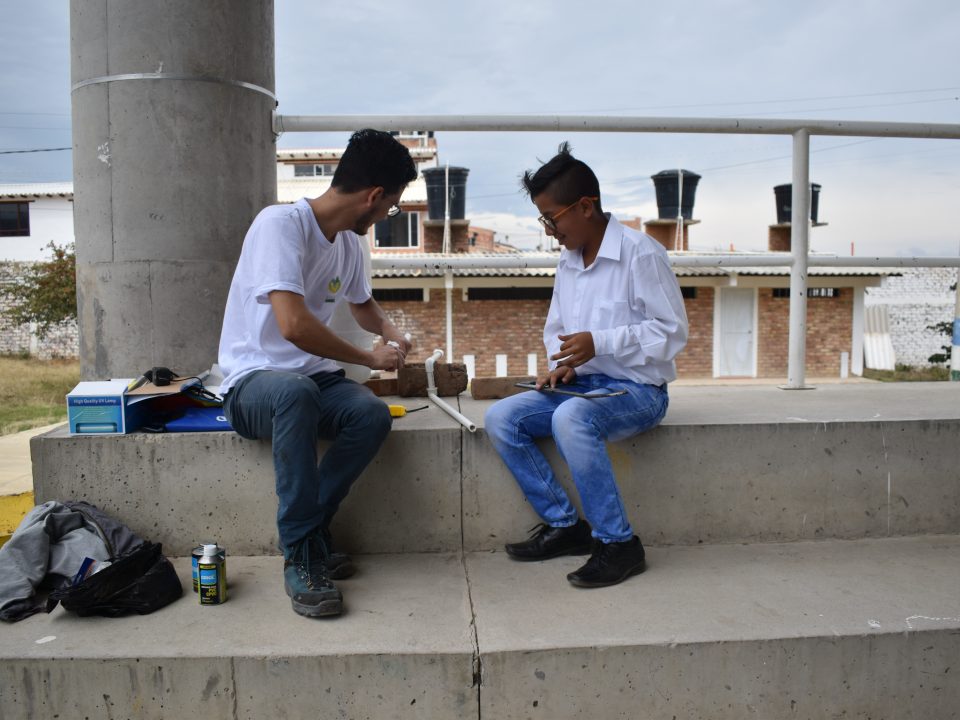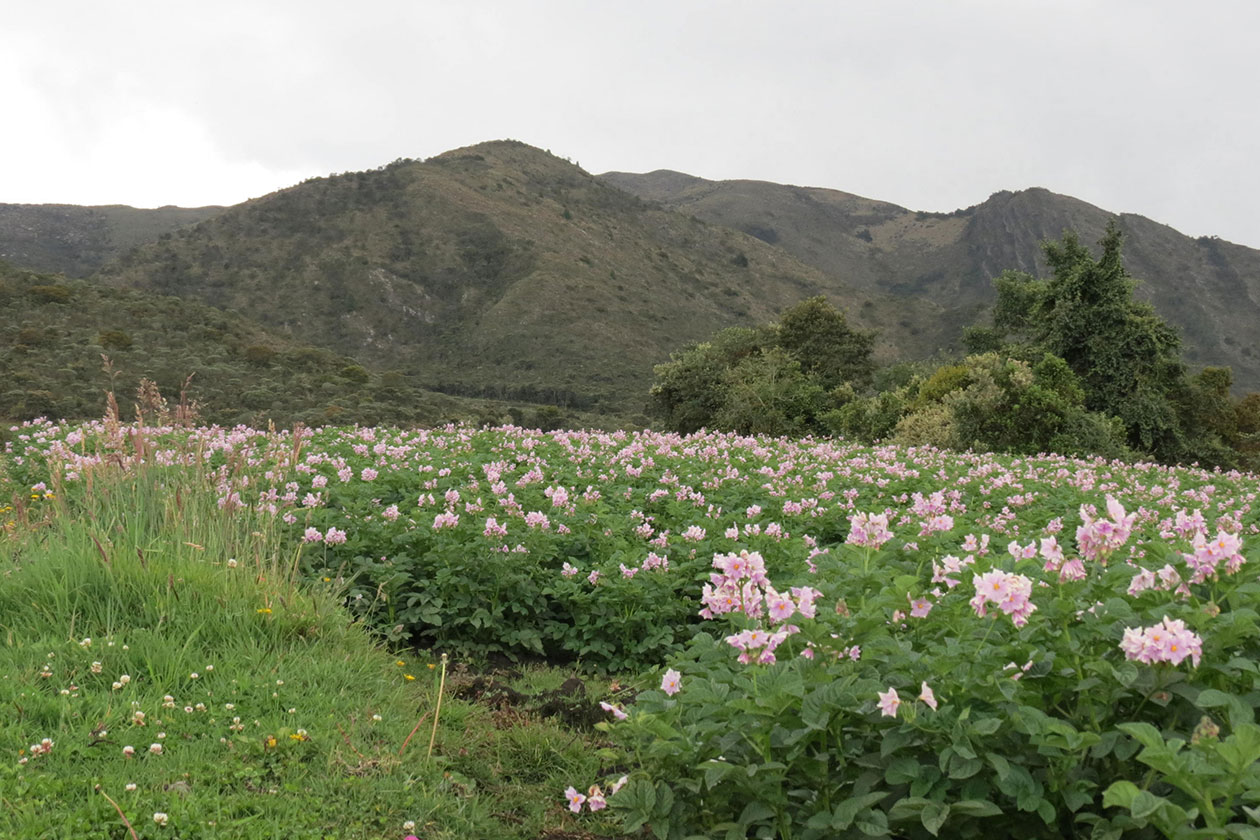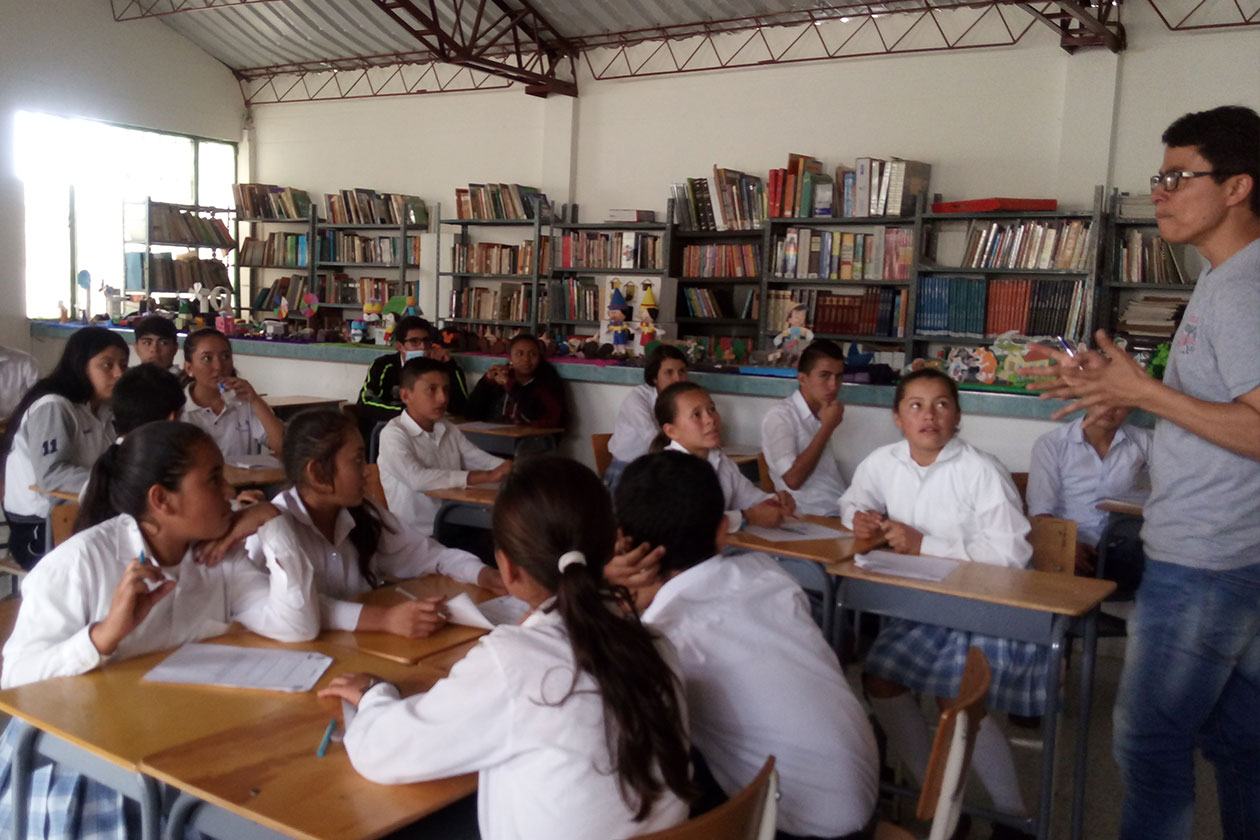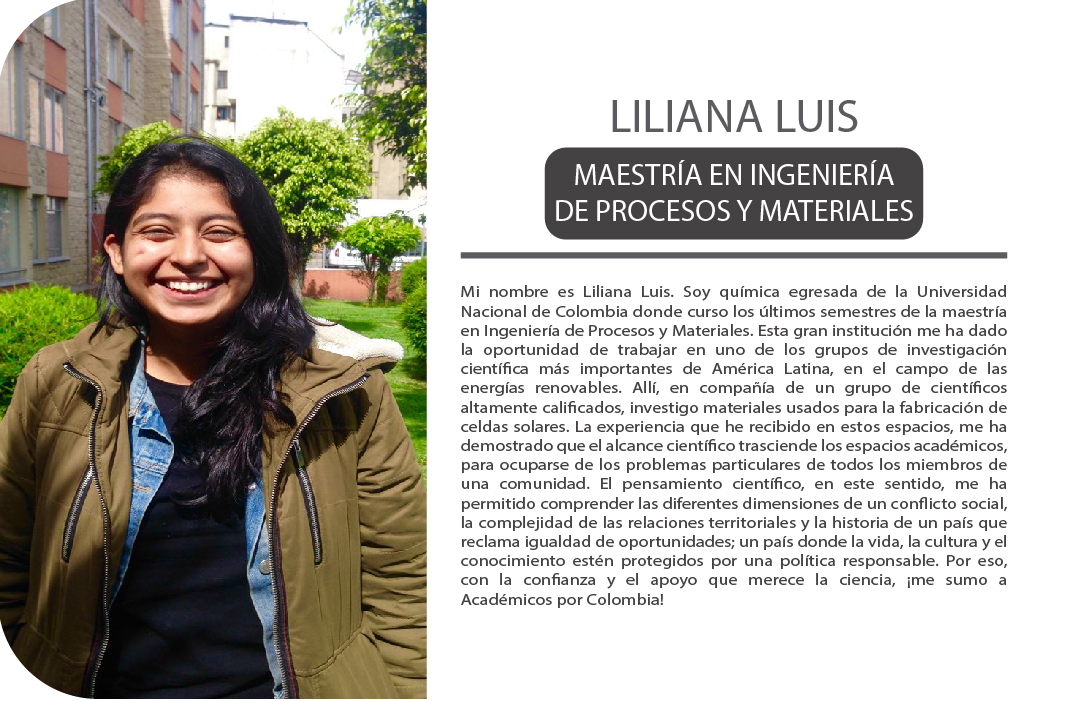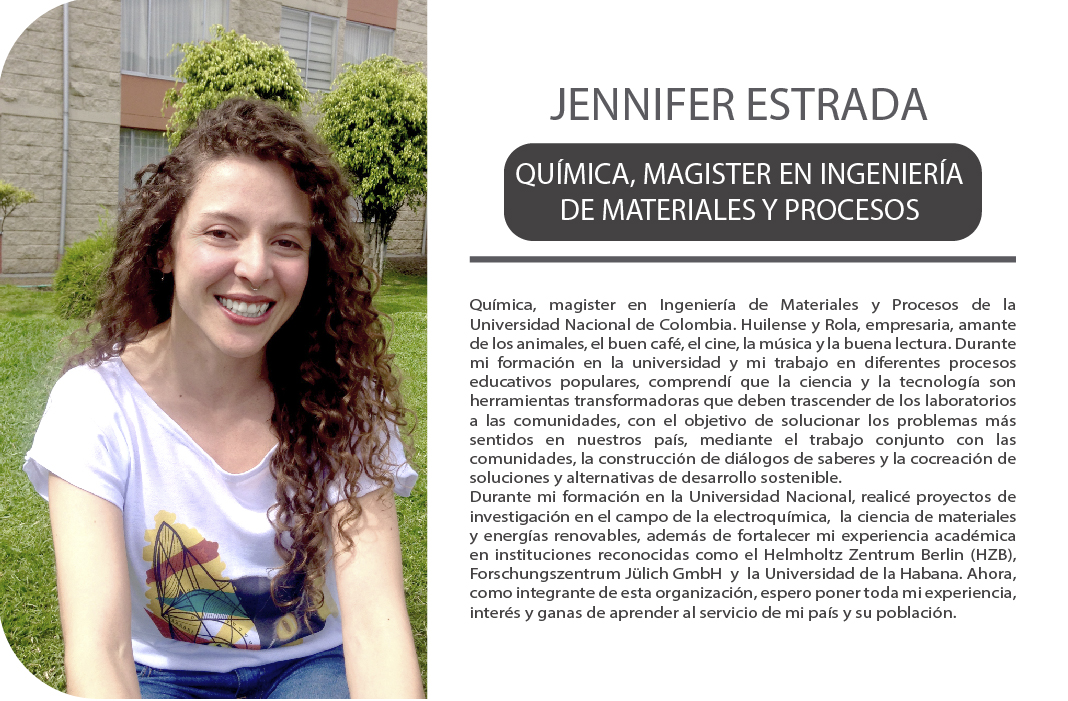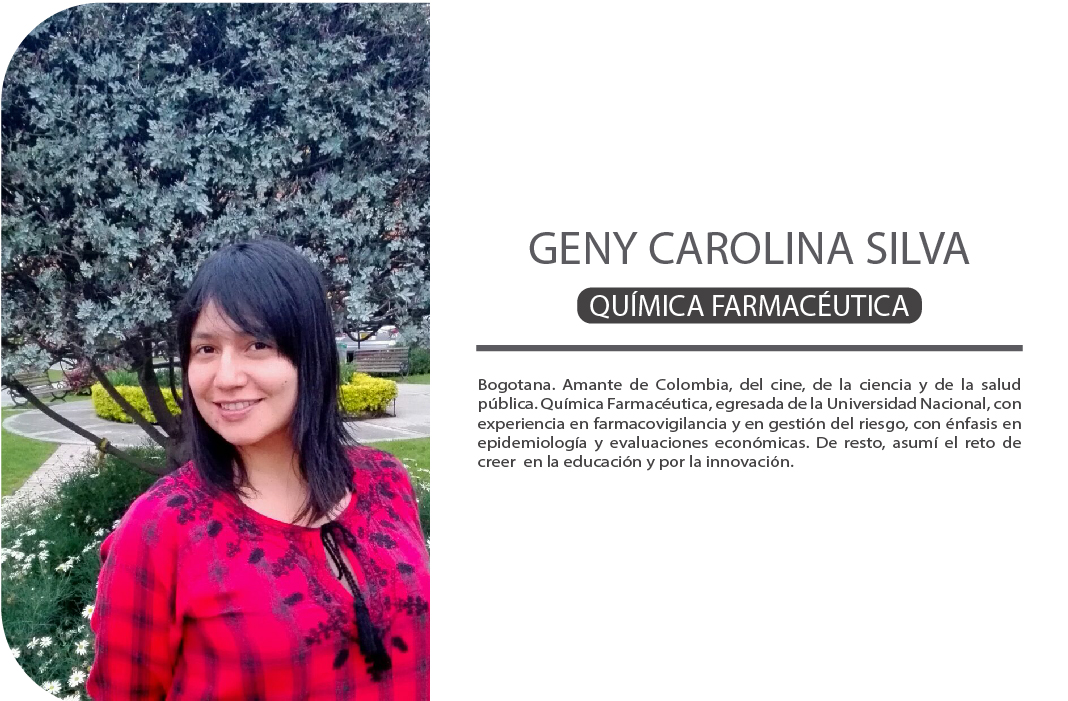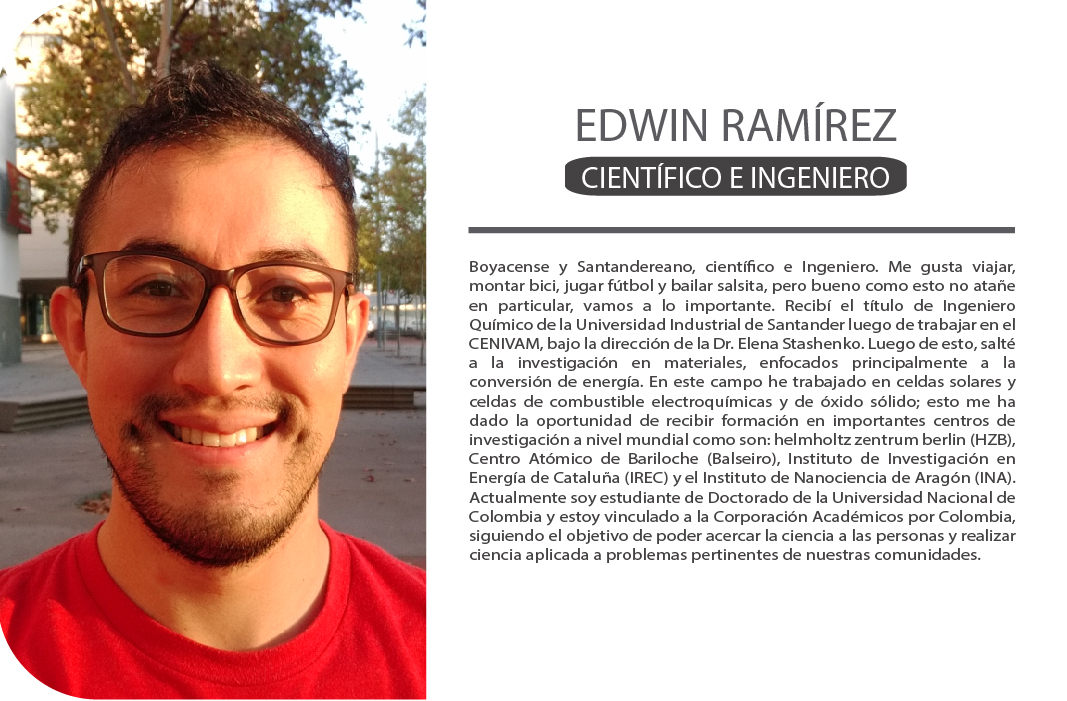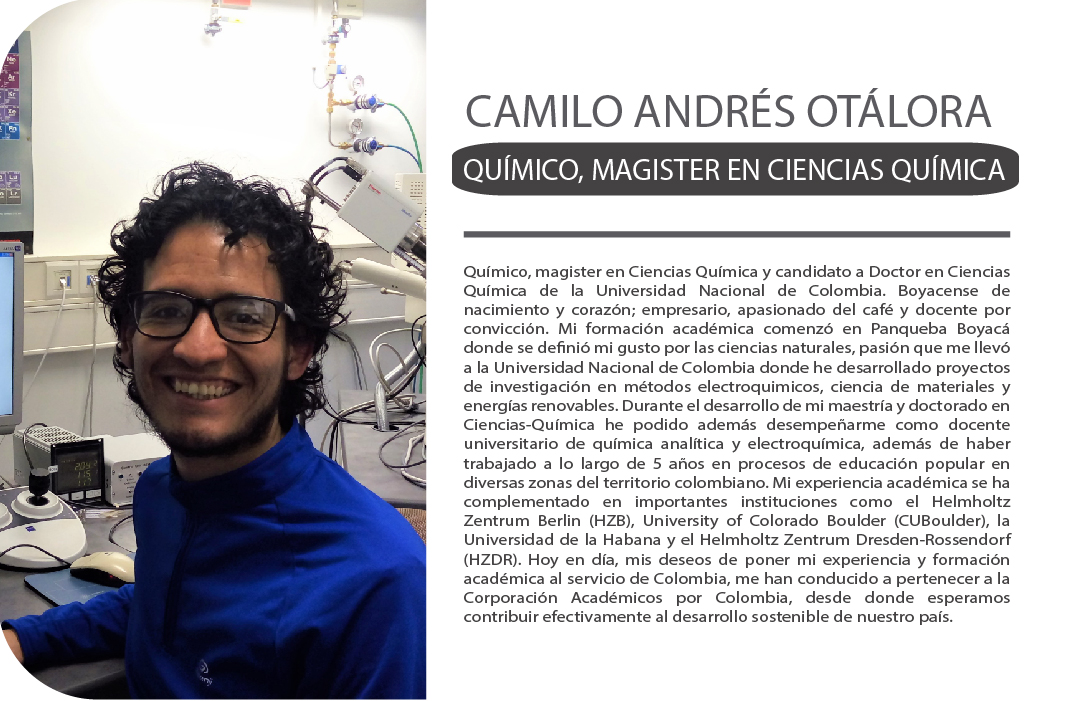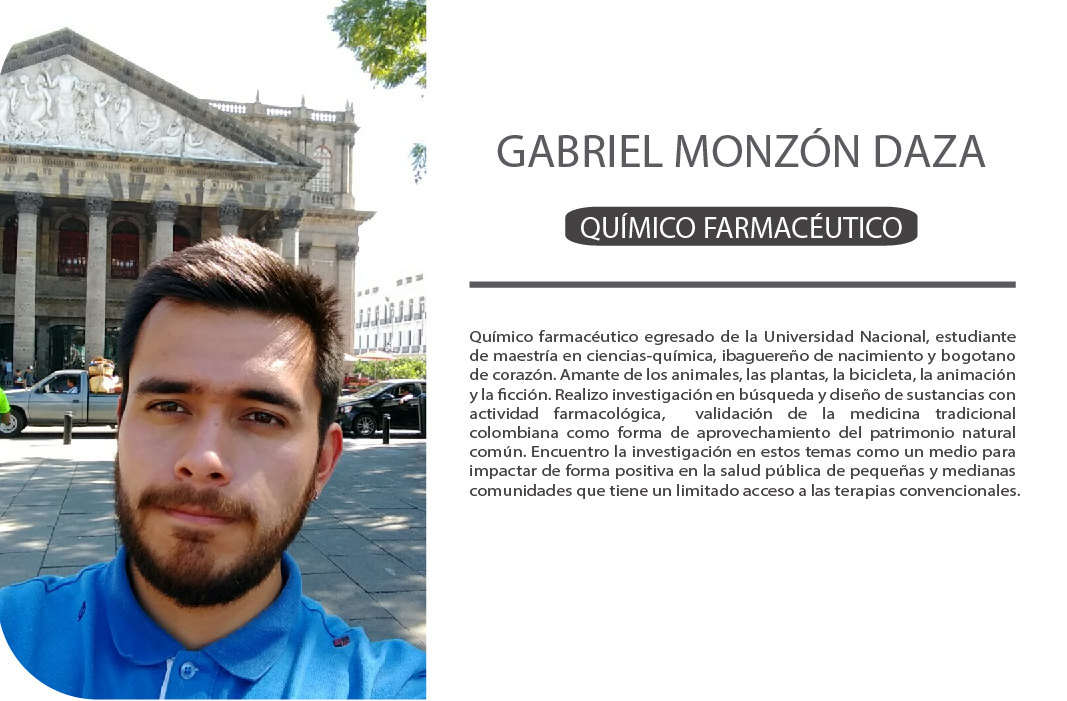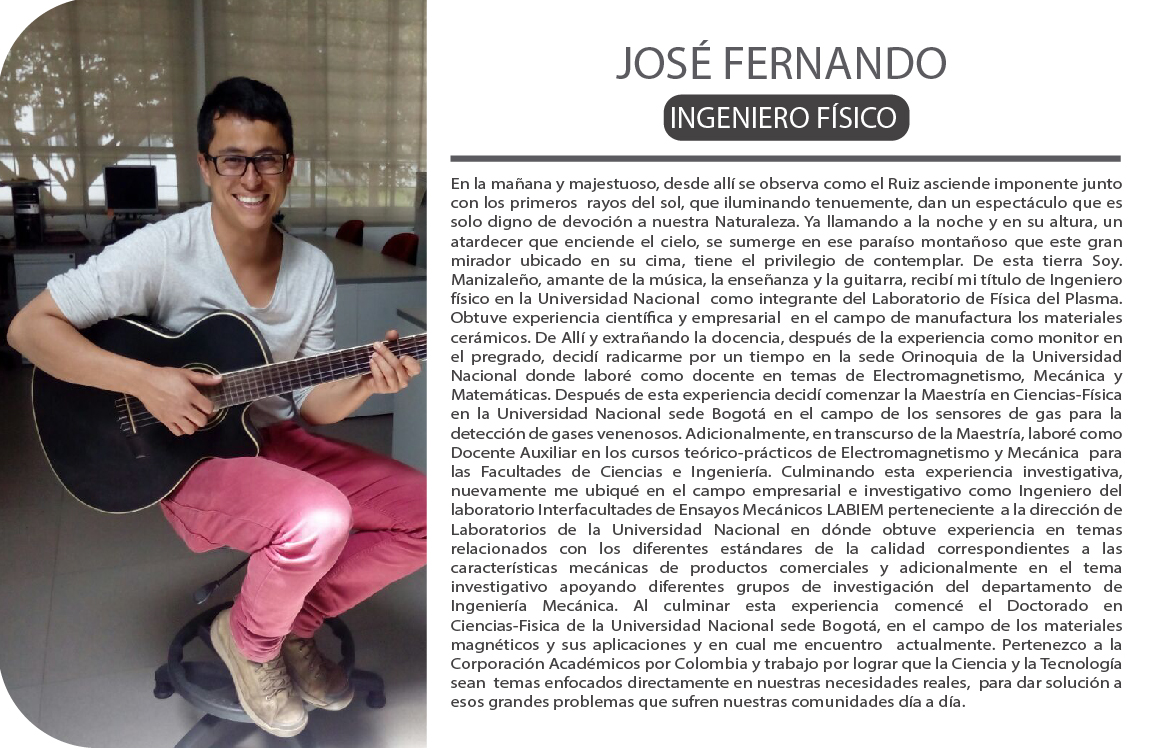Hotbed of research: science to transform.
Children and adolescents are also leaders for their communities and change participants. Their curiosity and reflections invite them to want to transform and contribute to their territories. Together with them, we have created hotbeds of research in science and technology, in which the main actors and researchers are the students. The objective is to support the construction of an investigative and scientific culture since their childhood.
Along this path, in alliance with some schools of Boyacá, in 2018 and 2019, Académicos por Colombia started a project to stimulate curiosity and critical thinking in youngsters from 13 to 17 years. Their interests and concerns towards science were variated. It was a wonderful opportunity to explore each one of their initiatives and desires with them.
The youngsters of the hotbeds demonstrated interests in changing their communities’ course, many of them wanted to address their parents’ agriculture issues to fight the infestations or increase the growth of their farming products; others wanted to rescue the use of their grandparents’ medicinal plants; some others were interested in getting to know and preserve their environment fauna and flora; while others wanted to generate solutions to their educative community issues such as the excessive use of plastic from the water bottles wasted at school, or the gas service at the scholar restaurant kitchen. Some youngsters of the hotbeds, for instance, assessed the capability of a particular species of larva to break down plastic; they worked in the building of the filter of potable drinking water for children and youngsters during the break time in their institution, (what sought to decrease the use of plastic bottles) and some others synthesized bioplastics based on corn starch.
This project was very rewarding because it allowed us to join the professionals and researchers of different areas labor with youngsters who were curious about science, it also allowed us to link the academy with the necessities of the communities and give a new demeanor to the traditional educative dynamics while working in an initiative of social appropriation of knowledge through the project-based learning.
